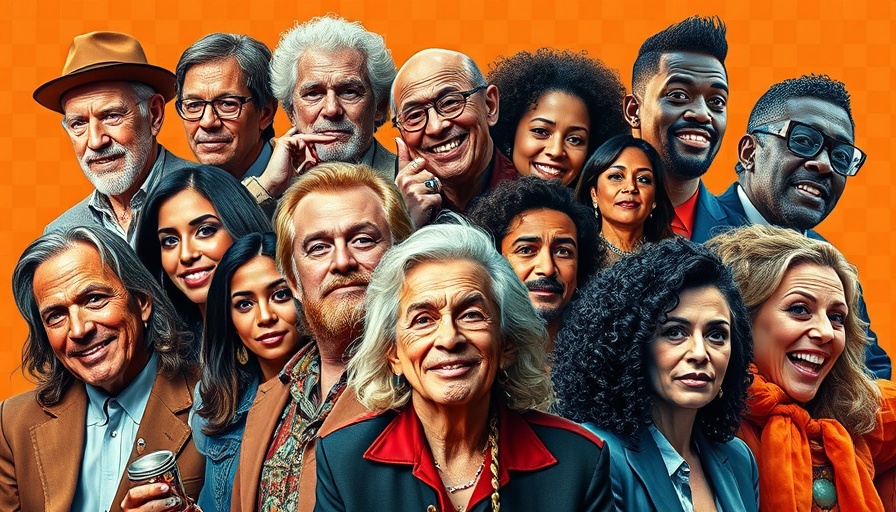
Understanding the Spending Habits of Philadelphia’s Wealthy
In a city renowned for its historical significance and vibrant culture, the wealthiest residents of Philadelphia exhibit unique purchasing habits that reflect their social status, interests, and desires for exclusivity. While many might assume that luxury brands dominate their preferences, a deeper dive reveals an intriguing array of products favored by this affluent demographic—often categorized as items that could be described as "rich dork" purchases.
The Appeal of Quirky Luxury
These wealthy individuals often embrace eccentric tastes in luxury goods that paint a picture of both social acceptance and personal authenticity. From custom gadgets to environmentally conscious products, their preferences often blend opulence with an unexpected quirkiness. For instance, a top earners in Philadelphia might spend on bespoke artisan goods, vintage collectibles, or even unique travel experiences that allow them to showcase their wealth with a twist of individuality.
Buying Trends: The Shift from Traditional Luxury to Personalized Experiences
The trend among affluent Philadelphians is moving away from traditional luxury brands to experiences and personalized items that tell a story. This shift can be rooted in the modern desire for authenticity and the environmental consciousness that affects today’s consumers. Unlike previous generations, who might have leaned towards branded products as status symbols, many top wage earners now seek purchases that resonate with their values and reflect a sophisticated lifestyle.
Why Accessibility Matters for Well-Off Philadelphians
It is essential to recognize that the term “rich dork” is not inherently derogatory; rather, it implies a certain light-heartedness associated with the deep pockets and the fun spirit of spending. Many affluent individuals value accessibility in their luxury purchases—whether that means eager conversations about rare finds at local thrift stores or engaging in social platforms that discuss unique gadgetry. This attitude fosters community and showcases their preferences without an overt need for ostentation.
Diverse Perspectives: Opinions Around Wealth and Consumption
Understanding these spending habits opens the door to varying opinions on wealth and consumption among the broader population. While many view extravagant spending as wasteful, others see it as a celebration of hard work and creativity. Engaging in discussions about our views on material wealth and luxury enables us to dissect assumptions and promote healthier perspectives around money and happiness.
Exploring Unique Benefits: What Can We Learn?
By examining the peculiar purchasing habits of Philadelphia’s affluent class, one finds the potential value in embracing individuality through both products and experiences. There is strength in making choices that reflect personal interests and values. This lesson can be invaluable, encouraging all consumers—regardless of income—to find joy in authenticity rather than conforming to societal expectations.
As we navigate the landscape of luxury consumption, we should not shy away from exploring our interests that might deviate from the norm. A lesson well-worth considering is that one's spending should not only represent wealth but also satisfaction, creativity, and individuality.
We encourage you to reflect on how your own purchasing habits can embody lessons from the wealthy—where great taste meets personal expression. Let’s celebrate unique choices, support quirky artisans, and embrace the beauty of individuality in our consumption.
 Add Row
Add Row  Add
Add 




Write A Comment